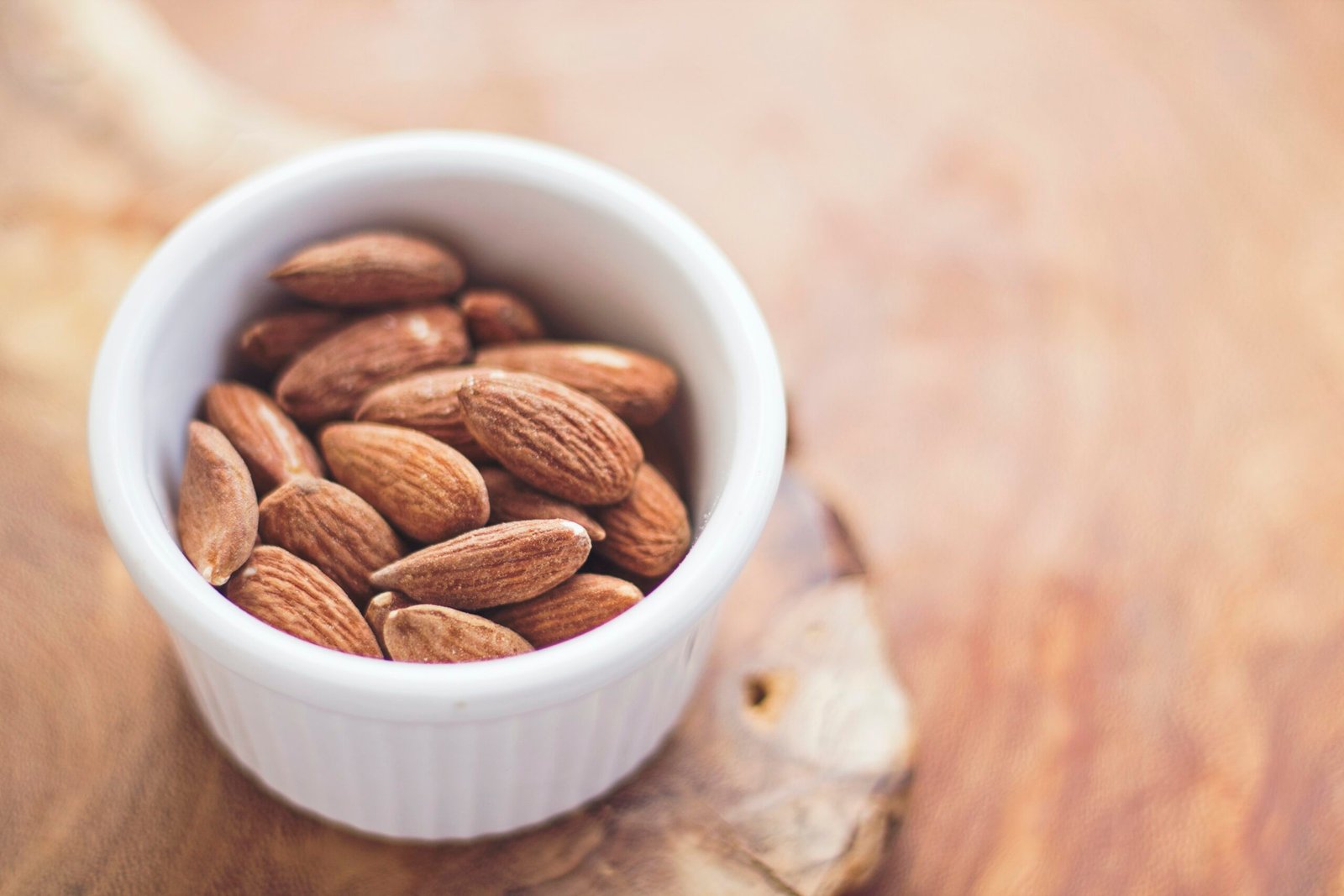Are you a tarantula breeder looking for tips on how to provide the best nutrition for your little eight-legged friends? Look no further! This article will give you all the information you need to ensure that your breeding tarantulas are getting the proper nourishment they require. From understanding their dietary needs to implementing a balanced meal plan, you’ll learn everything you need to know to keep your tarantulas healthy and thriving. So let’s get started on this arachnid nutritional journey together!
The Importance of Proper Nutrition for Breeding Tarantulas
Breeding tarantulas requires careful attention to their nutritional needs. Providing proper nutrition ensures the health and well-being of both the breeding adults and their offspring. Proper nutrition is crucial for successful breeding and can contribute to enhanced reproductive success, improved offspring health, increased longevity, and a strengthened immune system. However, inadequate nutrition can lead to reduced fertility and breeding failure, weakened offspring with developmental issues, higher susceptibility to diseases, and impaired molting process. In order to ensure the best possible outcomes when breeding tarantulas, it is essential to understand their nutritional needs and provide a well-balanced diet.

Understanding the Nutritional Needs of Tarantulas
To provide adequate nutrition for breeding tarantulas, it is important to research and understand their species-specific needs. Different tarantula species have varying dietary requirements, so it is crucial to gather information on the specific species you are breeding. Additionally, it is important to identify whether the tarantulas are carnivorous or omnivorous in nature. This knowledge will help in selecting appropriate food sources that meet their dietary preferences and nutritional needs. Evaluating the prey preference of tarantulas is also essential, as some species favor certain types of prey over others. Lastly, understanding the frequency of feeding is crucial to ensure that tarantulas receive the right amount of nutrients without overfeeding them.
Knowing the Life Stage of Tarantulas
The life stage of tarantulas plays a significant role in determining their nutritional requirements. It is important to differentiate between juveniles and adults, as their dietary needs differ. Growing tarantulas require more frequent feeding and a higher protein intake to support their development. Understanding molt cycles and fasting periods is also important, as tarantulas may refuse food prior to molting. Adjusting the diet for breeding females is crucial, as they have increased nutritional demands during this period. Additionally, special considerations need to be given to the mating process, as males require a nutritious diet to ensure successful reproduction.
Ensuring Sufficient Protein Intake
Protein is an essential nutrient for the growth, development, and reproductive success of tarantulas. Selecting appropriate feeders is crucial to provide sufficient protein in their diet. Common feeders like crickets, mealworms, and roaches are suitable options for tarantulas. Offering suitable live prey is important, as it mimics their natural hunting behavior and promotes physical activity. Feeding tarantulas with whole-body prey, instead of just body parts, ensures a well-rounded protein intake. In certain cases, alternative protein sources can be considered, such as high-quality commercial tarantula diets or even animal protein sources like pinky mice.
Balancing Calcium and Other Minerals
Calcium is a vital mineral for tarantulas and plays a crucial role in their overall health, especially during the molting process. Supplementing tarantula diets with calcium is essential to prevent calcium deficiency and related health issues. Calcium can be provided through a variety of sources, such as calcium supplements, gut-loading prey insects with calcium-rich foods, or offering calcium-rich feeders like calcium dusted crickets. Additionally, it is important to explore other essential minerals needed for tarantulas, such as magnesium, potassium, and phosphorus, to ensure a well-rounded diet.

Providing Proper Hydration
Proper hydration is essential for the health and well-being of breeding tarantulas. Creating a water dish within the tarantula enclosure allows them to drink as needed. It is important to ensure that the water dish is shallow and easily accessible for the tarantulas, while also avoiding any risk of drowning. Additionally, it is crucial to avoid substrate moisture issues, as excessive moisture can lead to mold growth and respiratory problems for tarantulas. Mist or spray the enclosure periodically to increase humidity levels, but ensure that it does not become too damp.
Considering the Role of Vitamins
Vitamins play a crucial role in the overall health and well-being of tarantulas. Choosing vitamin supplements that are specifically formulated for tarantulas can help ensure that they receive the necessary vitamins and minerals. However, it is important to prevent vitamin overdose, as excessive amounts of certain vitamins can be toxic to tarantulas. Determining the specific vitamin requirements for breeding tarantulas can be done by consulting with experts or referring to reputable sources of information.

Benefits of Proper Nutrition for Breeding Tarantulas
Providing proper nutrition for breeding tarantulas offers several benefits. Enhanced reproductive success is one of the most significant advantages, as a well-nourished female tarantula is more likely to produce viable eggs and successfully breed. Additionally, the offspring of well-nourished tarantulas tend to have improved health and survival rates. A well-balanced diet also increases the longevity of tarantulas, allowing them to thrive and reproduce for longer periods. Moreover, proper nutrition strengthens the immune system of tarantulas, reducing their vulnerability to diseases and improving their overall well-being.
Potential Risks of Inadequate Nutrition
Inadequate nutrition can have negative consequences when breeding tarantulas. Reduced fertility and breeding failure may occur if the female tarantula does not receive sufficient nutrition to support egg production and successful breeding. Weakened offspring with developmental issues are more likely to occur if the breeding adults do not receive a well-balanced diet. Tarantulas with inadequate nutrition may also have a higher susceptibility to diseases and may not be able to withstand the challenges of their environment. Furthermore, inadequate nutrition can lead to an impaired molting process, resulting in incomplete molts and potential health complications.

Consulting an Expert
When it comes to providing proper nutrition for breeding tarantulas, it is always beneficial to consult with experts in the field. Reaching out to tarantula breeders or keepers who have experience in breeding tarantulas can provide valuable insights and guidance. Exotic veterinarians with knowledge of tarantula care can also offer professional advice on nutrition and health. Joining tarantula enthusiast communities or forums allows for networking and the opportunity to learn from others’ experiences. Attending reptile and invertebrate expos provides a great platform to interact with experts, attend educational seminars, and gain a wealth of information on tarantula nutrition and breeding.
By understanding the nutritional needs of tarantulas and providing them with a well-balanced diet, you can ensure the health and success of your breeding tarantulas. Consider the specific dietary requirements for different species and life stages, prioritize sufficient protein intake, balance calcium and other minerals, provide proper hydration, and consider the role of vitamins. The benefits of proper nutrition include enhanced reproductive success, improved offspring health, increased longevity, and a strengthened immune system. On the other hand, the risks of inadequate nutrition include reduced fertility, weakened offspring, higher susceptibility to diseases, and impaired molting. To ensure the best outcomes, consult with experts in tarantula care and breeding, seek advice from veterinarian professionals, and connect with other tarantula enthusiasts. With proper nutrition, your breeding tarantulas will thrive and contribute to the captivating world of arachnid reproduction.
